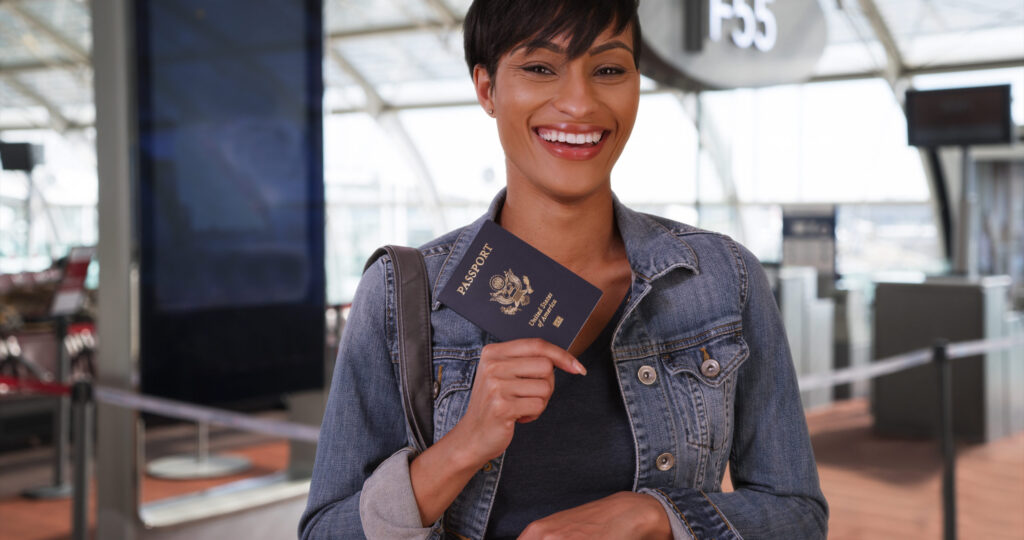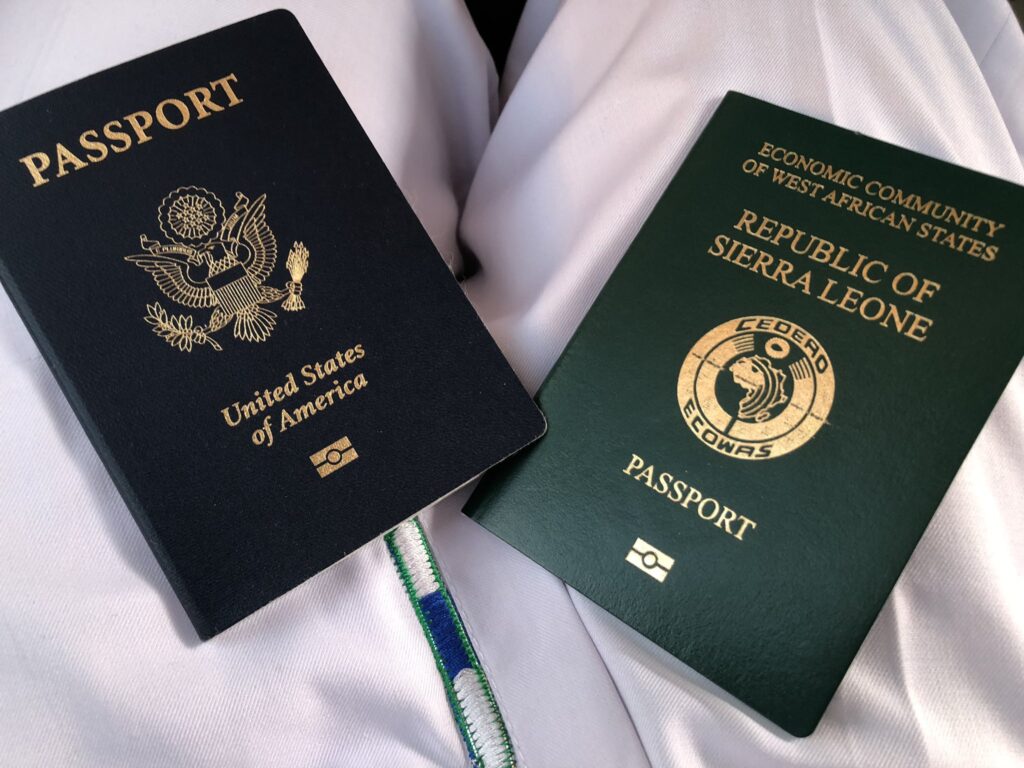12 Surprising African Countries That Allow Dual Citizenship By Marriage


You can become a dual citizen through various processes—through birth, marriage, naturalization, or adoption. A minor adopted by citizens of another country can be granted citizenship status of the adoptive parents’ country—at least one of the parents must be a citizen of that country.
For example, if a couple from Nigeria emigrates to the United States and the wife gives birth to a child, the child can have the citizenship of the parents and also have American citizenship.
Every country has laid down criteria for becoming a citizen. For some, it is as simple as having an investment of a certain amount while for others it will take years of hard work to qualify.
ALSO READ: Citizens Are Fighting South Africa Power Outages Using Renewable Energy
With the growing trend of African countries adjusting laws to accommodate the diaspora, Ghana has taken things a step further to become the first African country that supports dual citizenship for the involuntary African diaspora.
Involuntary African diaspora consists of people of African descent whose ancestors did not leave the continent voluntarily. These are the people whose ancestors were forced through the slave trade to leave their homes.
There are myriad reasons why people work hard to achieve dual citizenship. For some, it is a gateway to a better life while to others it is a chance to travel more seamlessly. Like every other choice in life, having dual citizenship, having dual citizenship status has its perks and drawbacks.
Implications of being a citizen of two countries
Africans whose countries allow dual citizenship can quickly become dual citizens in other countries that similarly allow it. This is harder for countries that do not allow dual citizenship.
For example, if an African’s home country doesn’t allow dual citizenship, they will have to denounce their home country if they want to become a citizen of another country. This is usually a tough and emotional decision.
Renouncing your home country means you cannot easily travel back to your home country anymore. You will have to apply for a visa to visit your home country if you denounce your citizenship.
There will always be migration from developing countries to developed countries in search of greener pastures and better life. Some countries refuse dual citizenship with the thinking that without it, their citizens will be forced to return home.
However, that is not always the case. Most of those that leave the shores of Africa usually need lots of convincing to consider returning to the continent. Therefore, African countries that do not allow dual citizenship risk losing their best brains forever—without any hope of return.
When faced with the option of a better life and their home country, most African immigrants will choose the former. Therefore, while dual citizenship benefits the citizens of a country, it also benefits the country.
Pros of having legal citizen status in more than one country

Dual citizens enjoy the rights and benefits offered by both countries. For example, they can vote in the two countries. Depending on applicable law, they may also run for office.
Somalia president, Mohamed Abdullahi Farmaajo, had American and Somali citizenship. However, he denounced the U.S. citizenship in 2019. His reasons for doing so remains unclear.
Dual citizens can also work in either country without the requirement for a work permit. Students can attend school in either of the countries at the citizens’ tuition rate. You can also own property in the two countries as a dual citizen.
Whenever there is security threat in one country, you can easily move to the other without going through the troubles that regular refugees would. Also, entrepreneurs can easily expand their business across both countries without much legal troubles.
For travel nomads, there are countries that don’t allow citizens of other countries easy passage. Therefore, if you have two passports, you can easily use the second and gain easy access to those countries. The benefits go on and on.
Disadvantages
While the benefits of owning two passports are enormous, it has its challenges too. One of the major drawbacks of dual citizenship is double taxation. The United States, for instance, imposes taxes on its citizens, regardless of the source country of the income.
Some applicable laws, however, can reduce the double taxation effect, depending on agreements between the two countries. Also, the process of gaining dual citizenship can be long and expensive.
African countries that allow dual citizenship only by marriage or birth
Not all countries allow dual citizenship. Some of the Western countries that allow dual citizenship includes the United States, the United Kingdom, Canada, Switzerland, and Australia.
Not all African countries allow dual citizenship. however, the list of countries that do has continued to grow since the last two decades in the 20th century. More African governments are not realizing the benefits of accepting their citizens to hold two passports.
The African countries that allow dual citizenship by marriage or by birth include;
| Country | Recent Amendment |
|---|---|
| Burundi | |
| Central African Republic (CAR) | |
| Chad | |
| Comoros | 2013 |
| Djibouti | |
| Eswatini | |
| Guinea | |
| Mali | 2011 Family Code Amendment |
| Mauritania | 2010 Authorized Dual Citizenship Amendment |
| Niger | 2014 Citizenship by marriage amendment |
| Somalia | |
| Uganda |
For a full list of all the African countries that allow dual citizenship, click here.
This may change depending on a country’s changing laws and regulations. For example, dual citizenship in Malawi was allowed in December 2018, after parliament made amendments to the 1966 Citizenship Act. Lesotho made a similar amendment in December 2018. Some countries only allow it in exceptional circumstances—not entirely.
ALSO READ: Checkout The Happiest Country In Africa According To The World Happiness Report
Why African diaspora need two passports
For Africans in the diaspora, most would want to have it. It makes their lives easier in their home countries. With dual passports, they can more easily invest in their home countries which in turn creates jobs.
Some African countries make it easy for their citizens to achieve this through their embassies whereas for others the procedure can be complex. The growing trend among African countries to embrace dual citizenship creates an opportunity to bridge the widening distance between those countries and their diaspora community.
Do you have dual citizenship? We would love to hear your story on your journey to getting your second passport. Feel free to share with us in the comment box below.







Hello my question is how can I find a list of African countries that offers citizenship. I did ancestry and I would like a list so I can start the process right away.